MercoPress. South Atlantic News Agency
Stories for May 2010
-
Saturday, May 8th 2010 - 06:33 UTC
Petrobras Sets Monthly Record Oil Production in April: 2.033 Million bpd
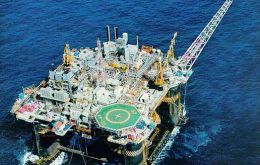
Brazilian government managed oil and gas corporation Petrobras (SAO:PETR3) set a monthly record for oil production in April with 2.033 million barrels per day topping the previous record of 2.004 million bpd from September 2009, the company said Friday.
-
Saturday, May 8th 2010 - 06:28 UTC
Brazil’s Bovespa Confirms Biggest Weekly Decline since February

Brazil’s Bovespa stock index fell for a second day on Friday closing with the biggest weekly decline since February 2009, on concern that Europe’s debt crisis is worsening and rescue packages could have to be extended to Portugal and Spain.
-
Saturday, May 8th 2010 - 06:26 UTC
Viral Equine Arteritis Outbreak in the Province of Buenos Aires

SENASA, Argentina’s National Food Safety and Quality Service, issued a statement suspending all transportation of horses in the Buenos Aires province for two weeks due to an outbreak of Viral Equine Arteritis.
-
Saturday, May 8th 2010 - 06:22 UTC
Brazilian Farmers Prospect for Phosphates to Cap Fertilizer Suppliers’ Dependence

Farmers in Brazil have teamed up to drill an area the size of New York for phosphate-based fertilizers, seeking to cut dependency on producers including Vale S.A. (NYSE:VALE) and Mosaic Co. (NYSE:MOS) after prices surged.
-
Saturday, May 8th 2010 - 06:17 UTC
Fearing Global Impact from Greece, World Markets Close Sharply Friday

Global stock markets closed sharply Friday amid investor fears that Greece's debt crisis could halt the global economic recovery.
-
Saturday, May 8th 2010 - 06:12 UTC
Long Experienced Politician Takes Office as Costa Rica’s First Woman President

Laura Chinchilla becomes Costa Rica's first female president on Saturday, taking over at a challenging time in one of Latin America's most stable democracies. Rising poverty and insecurity in the popular eco-tourism destination and a fiscal deficit worsened by the global financial crisis are key public concerns at the start of her four-year term.
-
Saturday, May 8th 2010 - 06:06 UTC
Spain Emerges from Two-Year Recession with More Doubts than Certainties
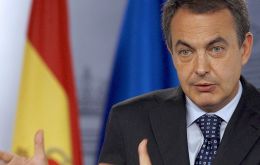
Spain’s economy emerged from an almost two-year recession in the first quarter, trailing the Euro area by six months. GDP expanded 0.1% in the first three months of 2010, the Madrid-based Bank of Spain estimated in its monthly report today.
-
Saturday, May 8th 2010 - 06:03 UTC
US Private Sector adds Jobs in April and More People Re-Enter Labour Market
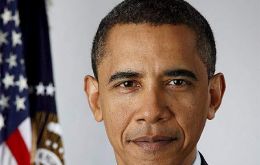
Companies in the United States added 290,000 jobs in April, mostly in the private sector, the United States Department of Labor said Friday, a strong sign that the job market has begun recovering from last year's damaging recession.
-
Saturday, May 8th 2010 - 06:01 UTC
Cuban Sugar Crop Worst in a Century; Brazilian Investors Could Take over Industry
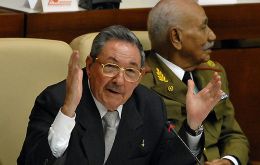
The current sugar harvest is Cuba’s worst since 1905, according to Communist Party daily Granma. The news comes two days after President Raúl Castro fired the minister responsible for the area amid increasing rumours that foreign investors will be invited to take over the industry.
-
Saturday, May 8th 2010 - 01:42 UTC
EU Full Support for Euro (and Greece) to Fight Contagion: Creates Stabilization Mechanism
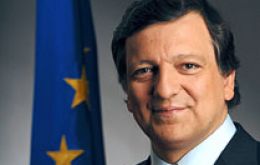
Leaders of the 16 EU member states that use the Euro have approved a 110 billion Euro loan to Greece to prevent its debt crisis from spreading. European Commission President José Manuel Barroso said the Eurozone would do whatever it took to safeguard Greece's financial stability. In return for the three-year loan, Athens must cut public spending.
